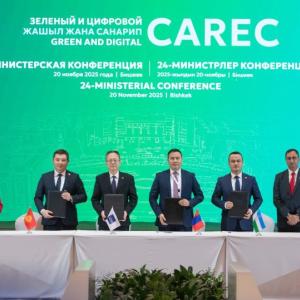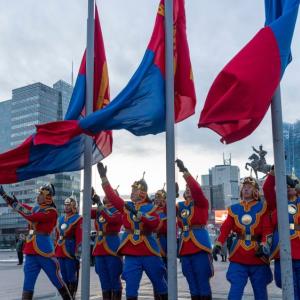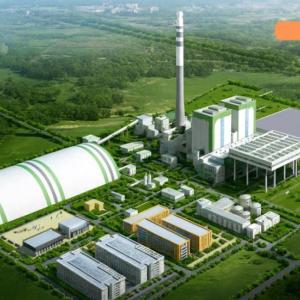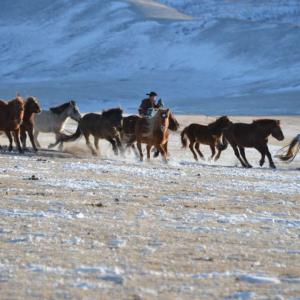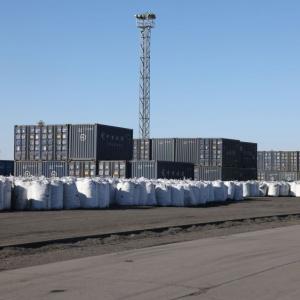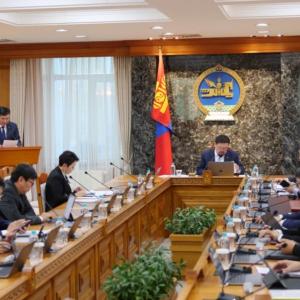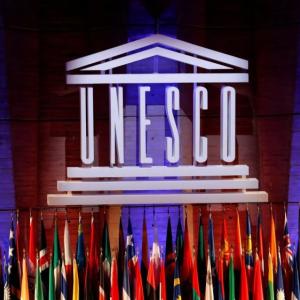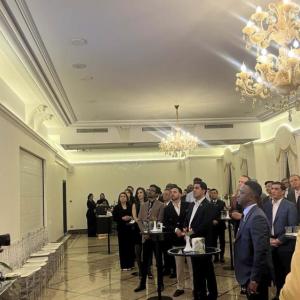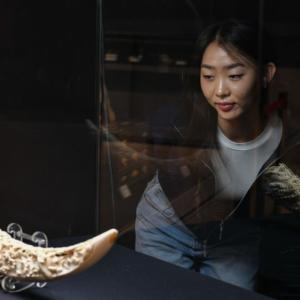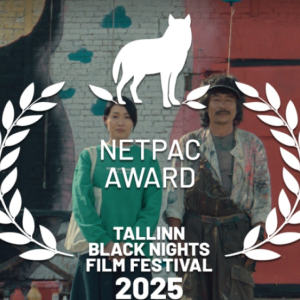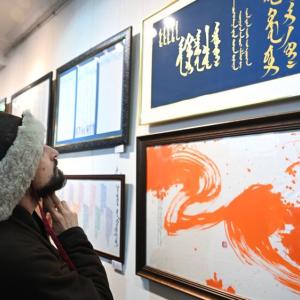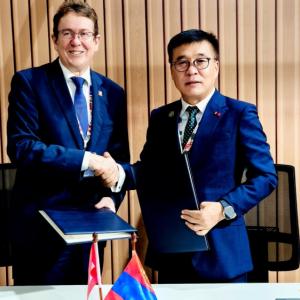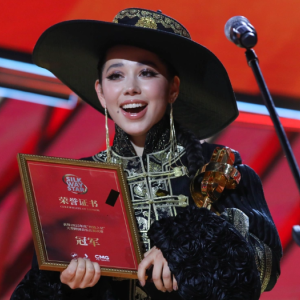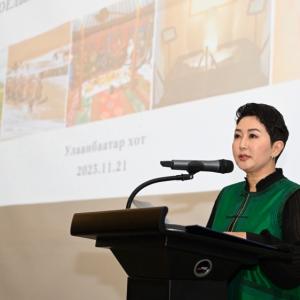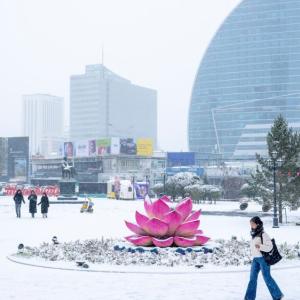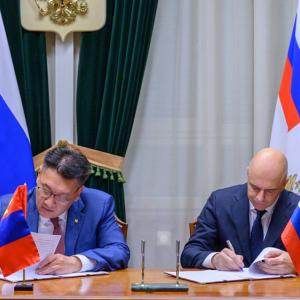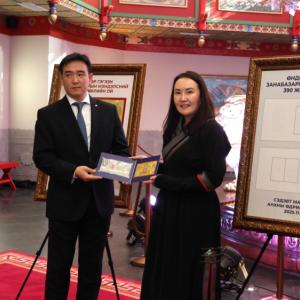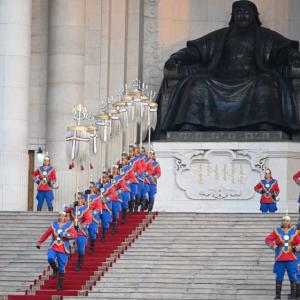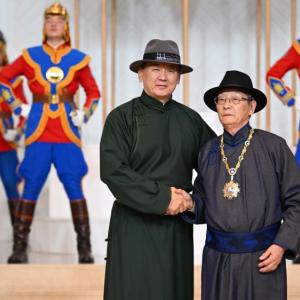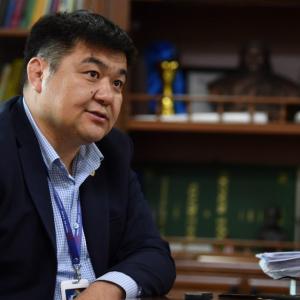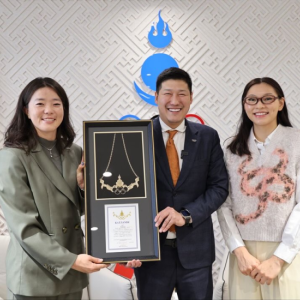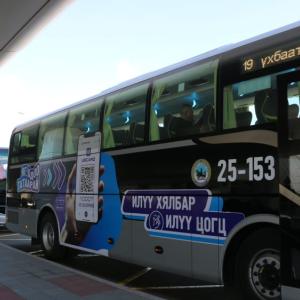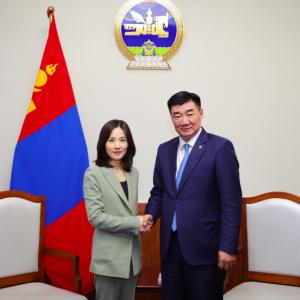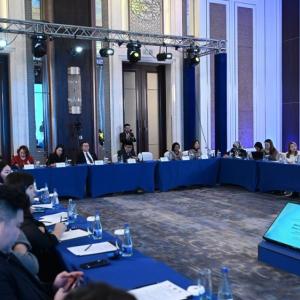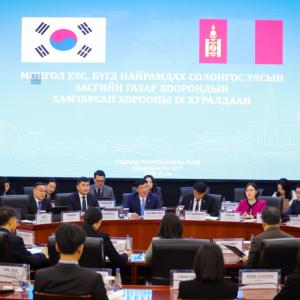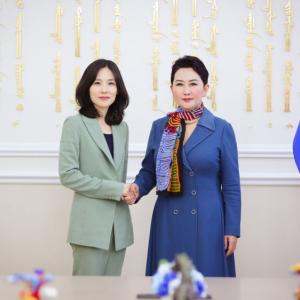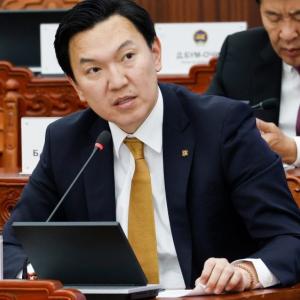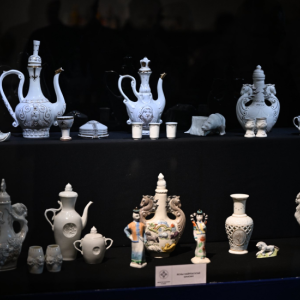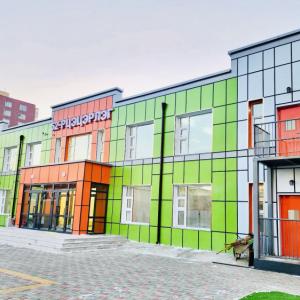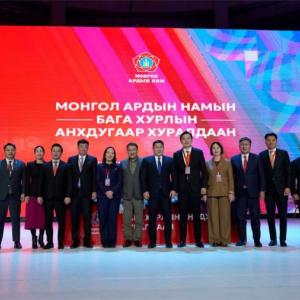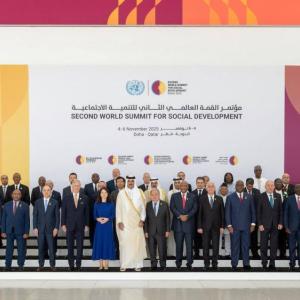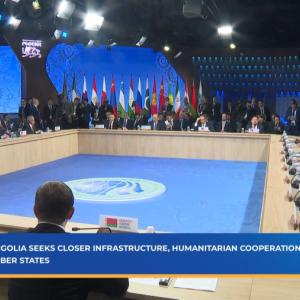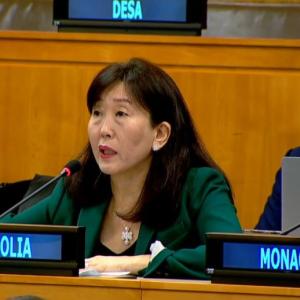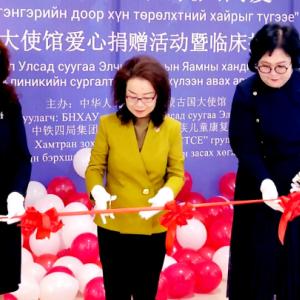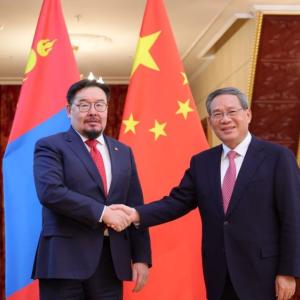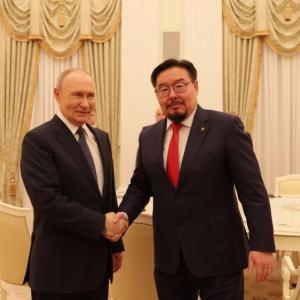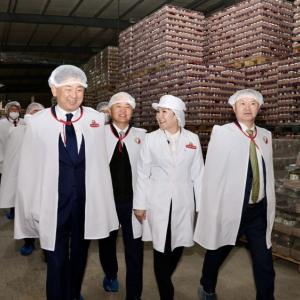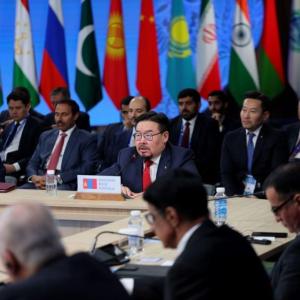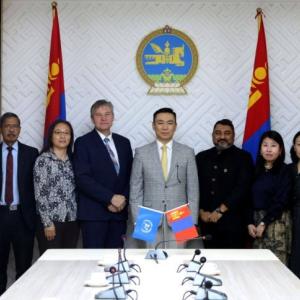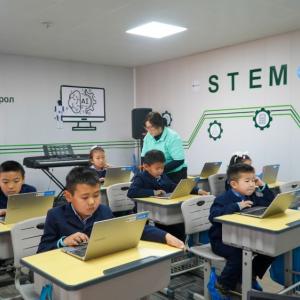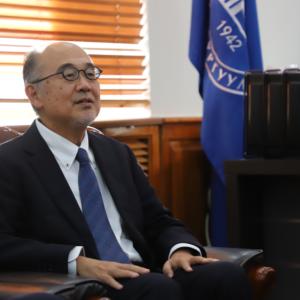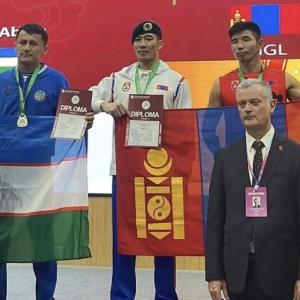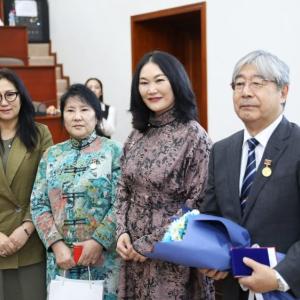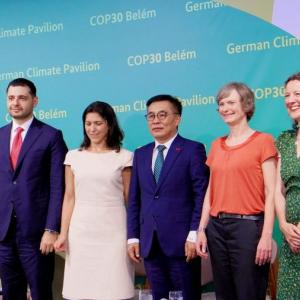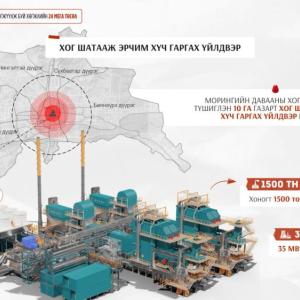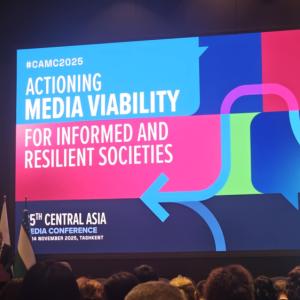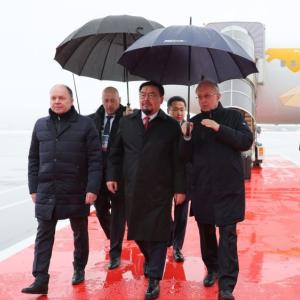President meets Executive Secretary of ESCAP
Politics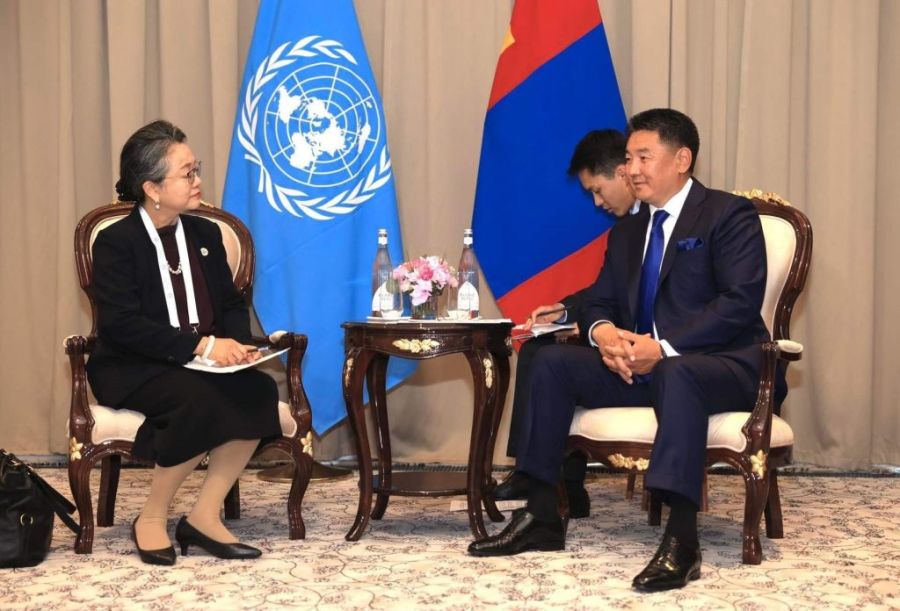
Ulaanbaatar/MONTSAME/. On the sideline of his participation
in the Meeting of the Council of Heads of SCO Member States in Samarkand, the
Republic of Uzbekistan, President U.Khurelsukh held a meeting with Under-Secretary-General
of the United Nations and Executive Secretary of the Economic and Social
Commission for Asia and the Pacific (ESCAP) Ms. Armida Salsiah Alisjahbana.
At the meeting, President U.Khurelsukh emphasized that United
Nations and its agencies are an important partner that makes a valuable
contribution to Mongolia’s development, and expressed that he would give
all-round support to enrich the content of further cooperation.
He also noted that Mongolia and ESCAP have been actively cooperating
in the areas of conserving nature, developing transit transportation, improving
trade policy, mitigating disaster risks and strengthening statistics sector.
In addition, the President pointed out ESCAP’s special
contribution to the establishment of ‘Mongolia-Russia-China intergovernmental
agreement on international road transportation along the Asia Highway Network’
as part of the program to establish the Mongolia-Russia-China Economic
Corridor. He also expressed an interest to cooperate with ESCAP in establishing
multilateral road transport agreement targeted at countries in Southeastern
Asia and Central Asia.
Ms. Armida Alisjahbana, in turn, highlighted that the
parties are actively working together to implement SDG2030 in line with
Mongolia’s ‘Vision-2050’ long-term development program.
She said that the UN supports the national movement ‘One
Billion Trees’ initiated by President U.Khurelsukh and highly appreciates its contribution
to mitigating the impact of global climate change and desertification, while
expressing a desire to intensify bilateral cooperation in this direction.
In addition, she expressed ESCAP’s readiness to contribute
to Mongolia's efforts to combat climate change and to cooperate in the
framework of the ‘Green Bond’.
The parties exchanged views on a wide range of issues, such
as facilitating trade, developing transit transport, supporting cross-border
paperless trade, establishing a multilateral road transport agreement for
Southeast Asia and other Central Asian countries, and conducting joint research
on establishing an international dry port in Mongolia.
 Ulaanbaatar
Ulaanbaatar







